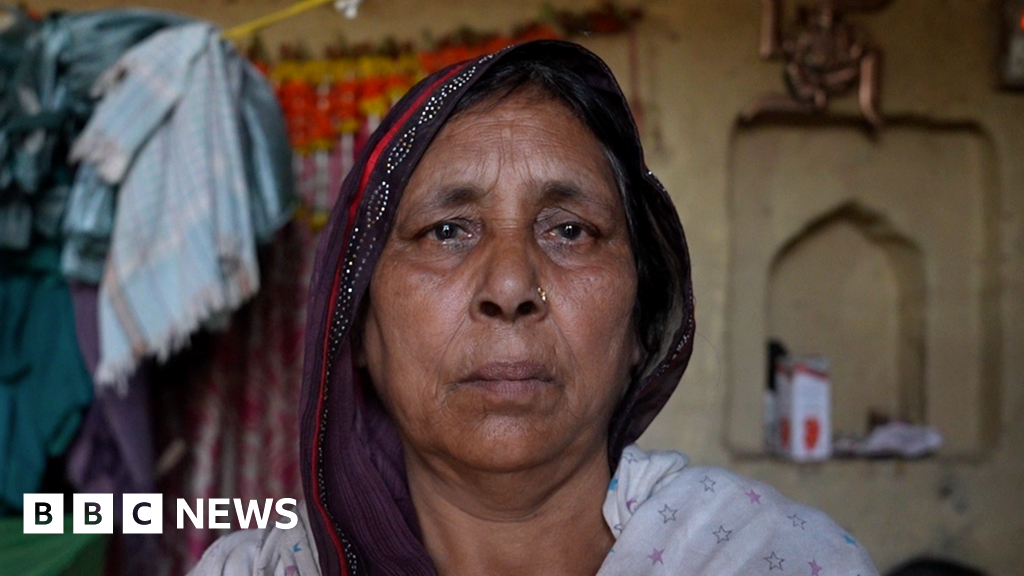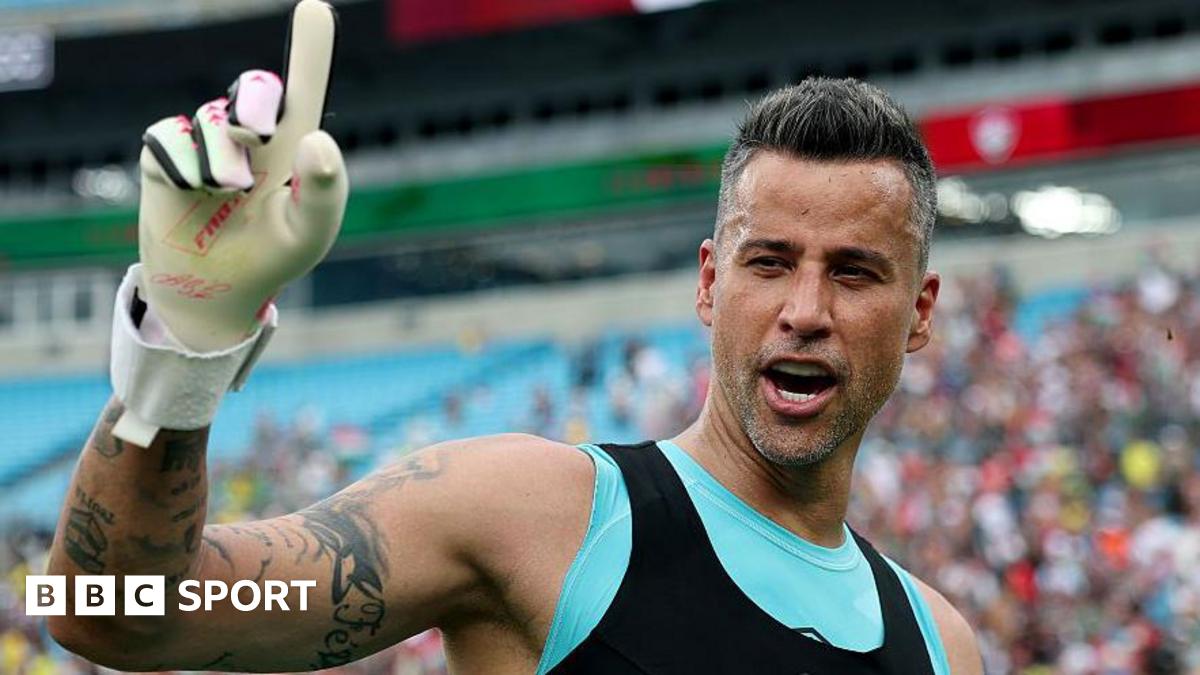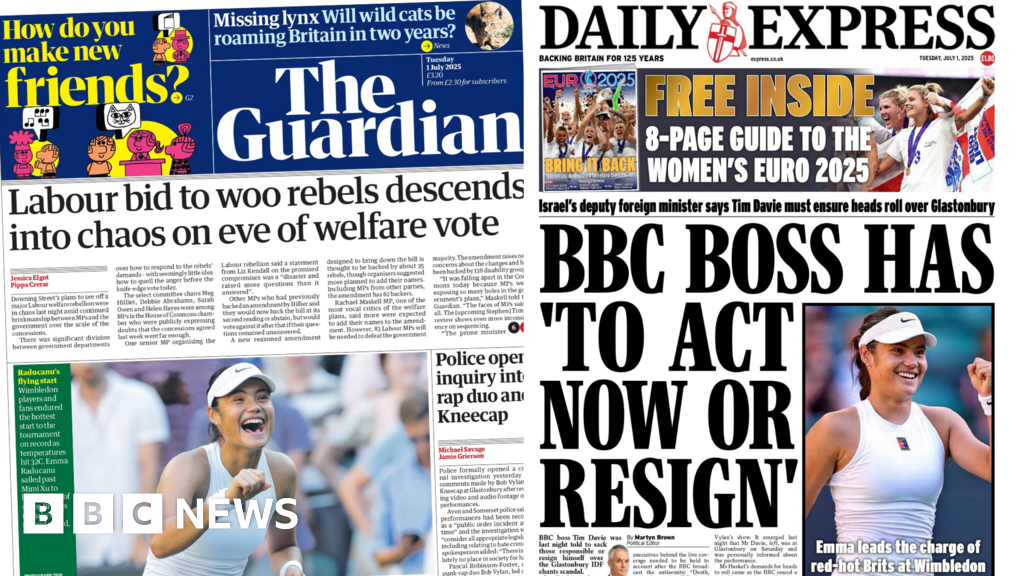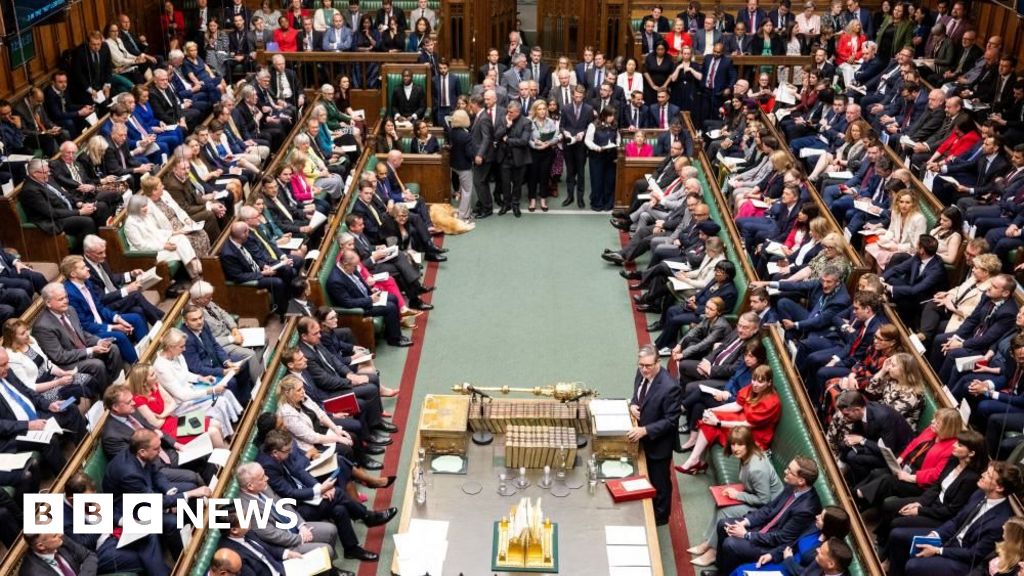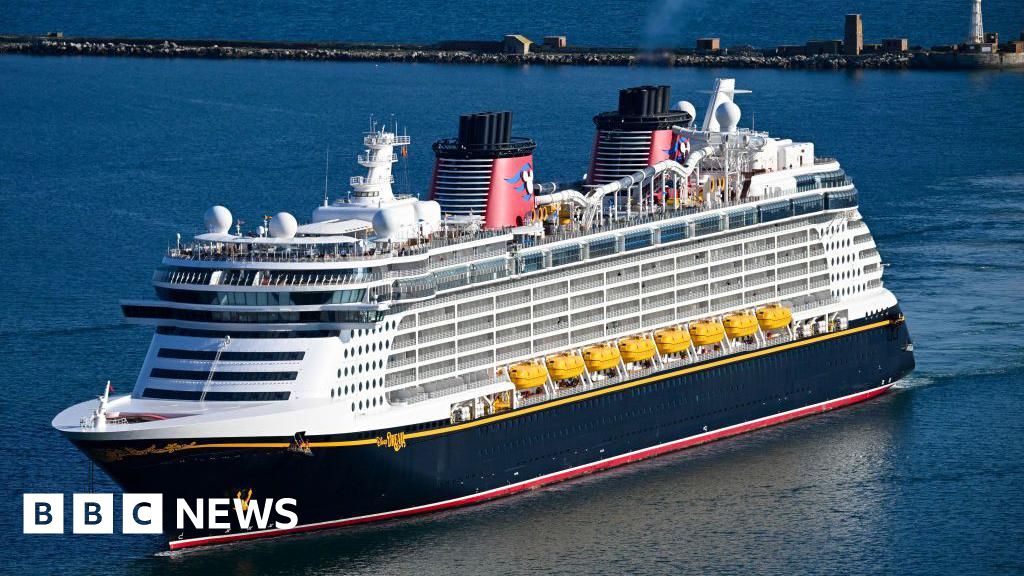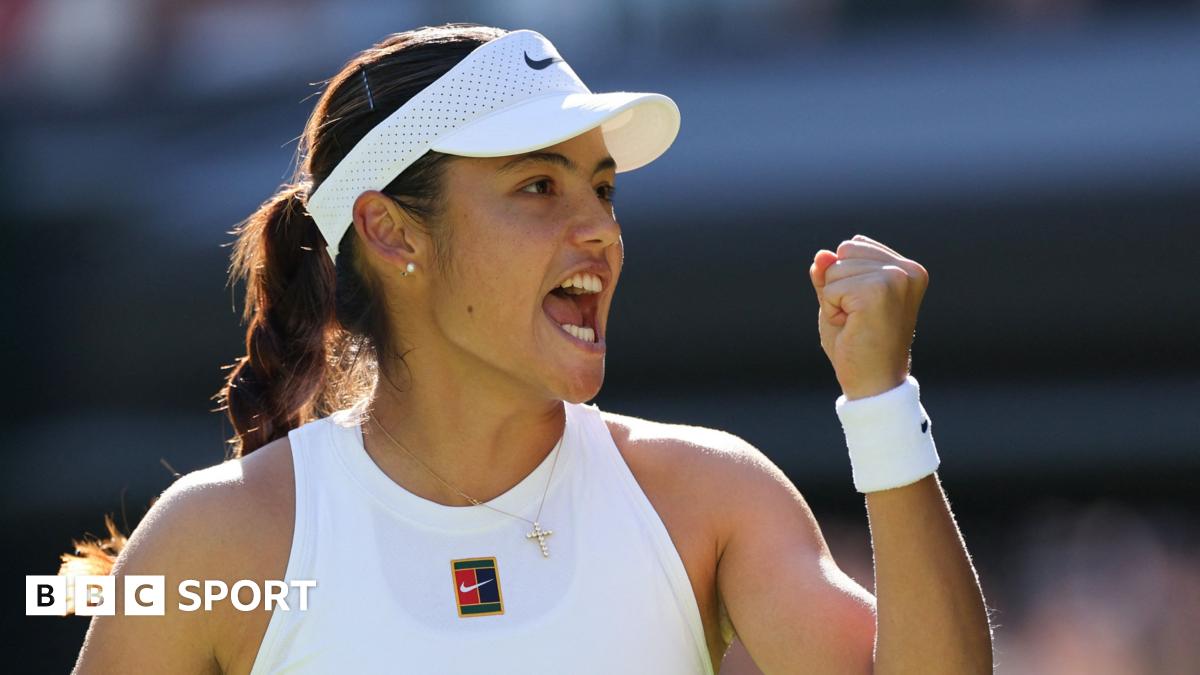While such suggestions may seem far-fetched to some, a more flexible approach is something global players' union Fifpro is now calling for after what it calls the "wake-up call" of the Club World Cup.
At a news conference on Monday, its medical director Dr Vincent Gouttebarge said extended half-time breaks of 20 minutes in extreme heat to keep players' core temperatures within their normal range should be considered.
Alexander Bielefeld, Fifpro's director of policy, claimed the weather was of "increasing concern", and that while postponing matches for heat was "slightly trickier" than in a domestic league "we clearly believe that from a health and safety perspective this is something that must take priority over commercial interests."
Fifa guidelines currently rely on the Wet Bulb Globe Temperature (WBGT), a measure of heat stress combining temperature and humidity. If the WBGT exceeds 32C, short 'cooling breaks' are mandatory in both halves of a match.
In contrast, Fifpro believes breaks should be introduced once the WBGT goes above 28C, and that if it exceeds 32C matches should be delayed. On this basis, so far at the Club World Cup both PSG v Atletico Madrid in Pasadena and Chelsea v ES Tunis in Philadelphia "should have been postponed to a better place in the day and, if not available (another slot), then rescheduled".
"We are partially happy, because Fifa have been quite responsive once the tournament was underway [and] have actually modified how they've been dealing with heat during matches, based on our input," said Fifpro general secretary Alex Phillips.
"Obviously it would have been better if that had happened in advance, but they've put in place measures such as additional water and towels around the pitch.
"There's a question at some point [over] what the industry sees as a precautionary threshold to players, but also to spectators, to potentially delay kick-off later on. You can apply so many pragmatic measures, such as shading, hydration, cooling, etc. At some point, that probably won't be enough. And that's a discussion which we need to have, even though this is a difficult conversation based on commercial interests."
Earlier this year, researchers from Queen's University Belfast warned the temperatures at 14 of the 16 stadiums being used for the 2026 World Cup could exceed potentially dangerous levels, with Miami and Monterrey posing the greatest risk as they do not have air-conditioned stadiums.
While Dallas and Houston do have cooling systems, it said there was still a risk to spectators if games were played in the afternoon. Significantly, the report also suggested afternoon games be avoided in New York, along with Kansas City, Boston and Philadelphia.
Fifpro says any afternoon kick-offs at six venues; Kansas City, Miami, Monterrey, Houston, Dallas and Atlanta carry an "extremely high-risk" of a "heat-stress injury". Only two; San Francisco and Vancouver are rated "low-risk".
When asked if Fifpro will make recommendations to Fifa before the World Cup when it comes to kick-off times at certain venues, Phillips said, "We have absolutely no power to force them to, we can only use informal pressure.
"We will use common sense arguments. We can use the MLS [Major League Soccer] protocols. They don't play matches at midday in Florida, for example, and haven't done for a number of years. So those kind of arguments are strong."
However, with more matches next year (104) than at any previous World Cup, Fifa may feel its ability to adapt scheduling and postpone matches is limited.


